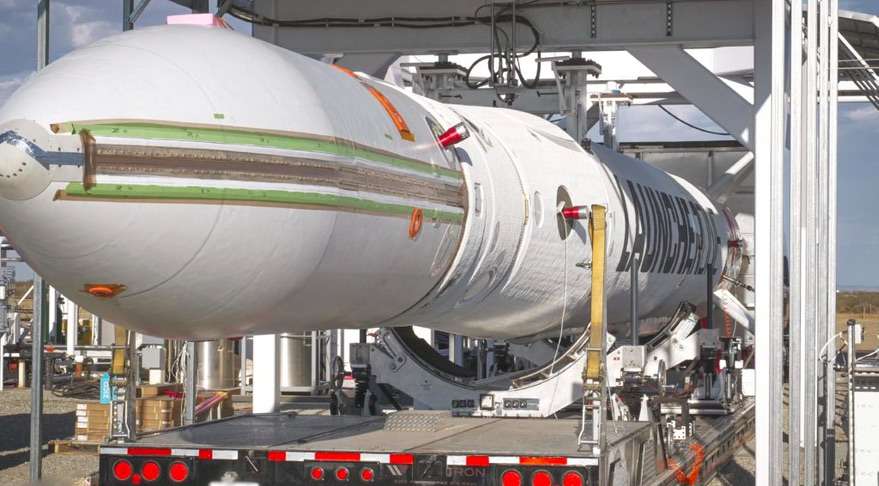
Failure of the UK rocket is a Setback.
The UK's space goals have suffered a setback, but they have not been derailed by the loss of the nation's first satellite mission ever launched from home soil.
After being launched by an American Virgin Orbit firm jumbo jet late on Monday night, the rocket experienced a “anomaly.”
It was unable to release the satellites it was carrying, and they were lost.
However, preparations for the UK to become a nation that launches satellites are already well under way.
Scotland will see launches from Sutherland and Shetland.
These would be the older, more conventional launch systems, when the rocket rises directly from the ground.
The mission was promoted as a significant turning point for UK space, heralding the beginning of a domestic launch industry. The goal is to make the nation a major player on the world stage, from satellite production to rocket development and new spaceport construction.
Ian Annett, the UK Space Agency's deputy CEO, said it demonstrated “how tough” entering orbit genuinely was, but he forecast several launches within the following 12 months.
“It remains a tremendous source of national pride. It would have been the first time someone in Europe had succeeded in orbiting satellites “said he.
“We return, we rise, we repeat it, and that determines our future.”
Independent of the launch crew, space analyst Adam Baker stated that he thought the setback would only last a short while.
“For a new launch firm and a launch from a new site with a number of new employees, these are typical early challenging days.
“Despite being frustrating, it is only temporary. I believe a remedy will be found.
“The UK is just now beginning to embark on a considerably longer commercial spaceflight journey,” the statement reads.

At Spaceport Cornwall, where the giant jet took off, crowds had gathered on Monday night.
According to Melissa Thorpe, who oversees the spaceport, “Any form of failure is how you react to it, so for us it's to get right back up again.” “We're here to assist Virgin, get her back on her feet, maybe get another rocket over here soon, and just keep going.”
It is evident that Spaceport Cornwall has made an effort to develop a commercial strategy that does not depend entirely on Virgin Orbit.
It seeks to serve as a hub for a collection of space enterprises, and so far this strategy appears to be successful. Its new office centre has a waiting list. The spaceport is, of course, only a small portion of the greater Newquay Airport complex.
According to Josh Western, CEO of Cardiff-based Space Forge, which lost one of its satellites in the botched launch, he would be ready to launch from Spaceport Cornwall once again with Virgin Orbit.
“Although we were unable to reach orbit, we were able to witness the rocket-mounted plane take off from a windy area of Cornwall, burn the first stage, and almost make it. The fact that we accomplished so much in a short amount of time is quite remarkable “added he.
According to Mr. Western, the mission was intended to test a novel method of bringing satellites back to Earth from space in a way that would allow the corporation to reuse and relaunch them for the first time ever.
He said that the satellite was covered by insurance and that time spent on the project, as opposed to financial loss, had been the startup company's major loss.
About £20 million was spent on the trip and the spaceport's construction. This comprises support from the Cornwall local government as well as federal cash provided by the UK Space Agency.
Following the unsuccessful launch, shares of Virgin Orbit dropped more than 20% in pre-market trade on Tuesday.
For Latest News Check This : Speed News









